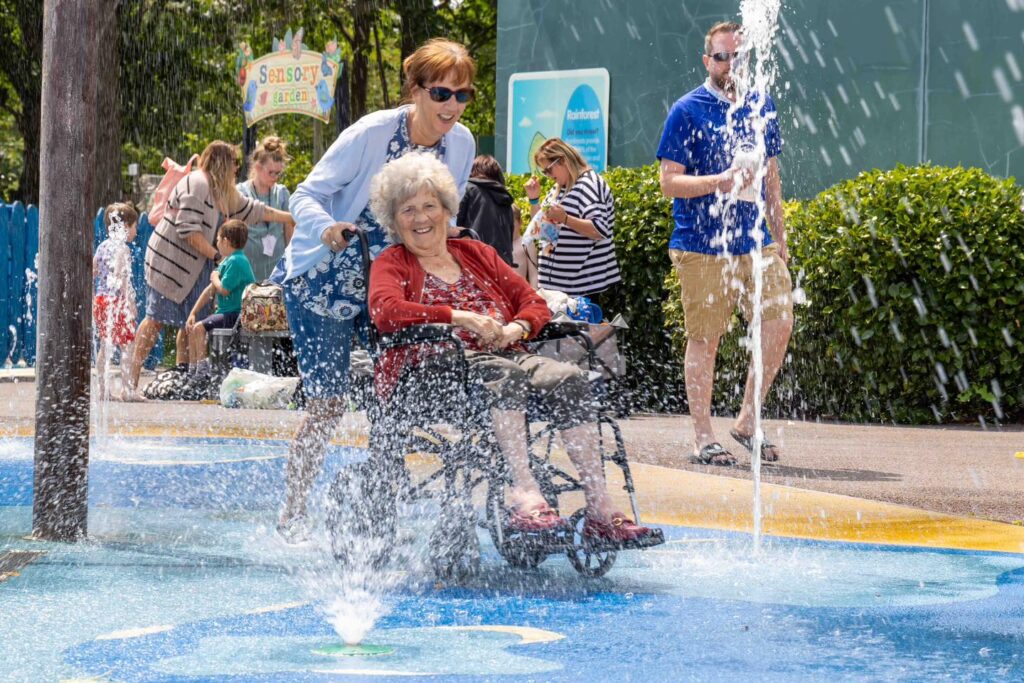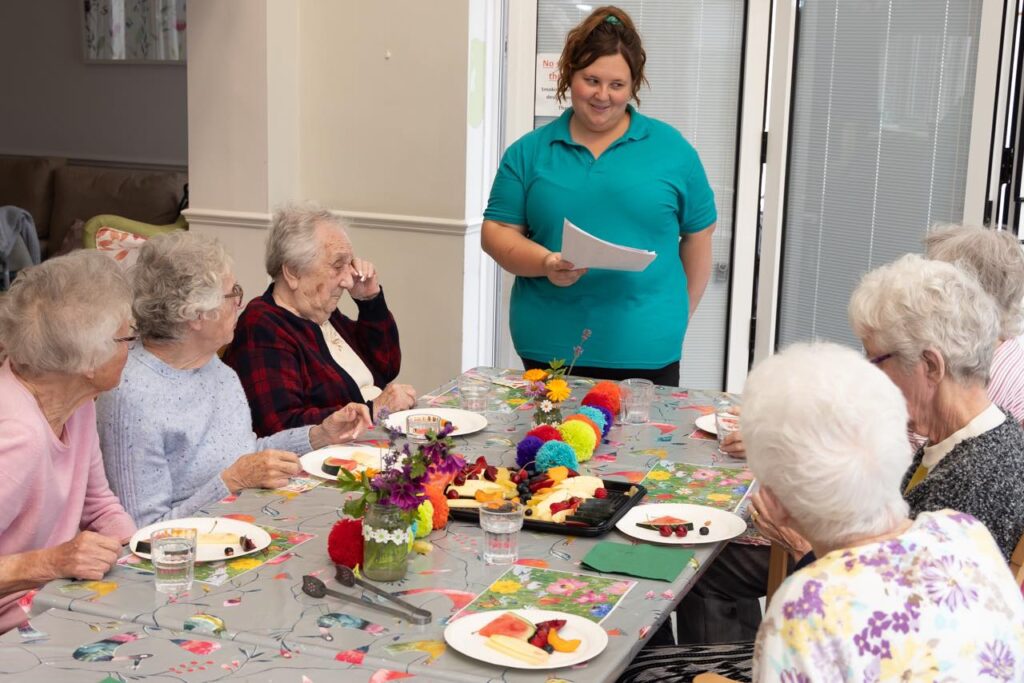
When a loved one moves into residential care it can be one of the most emotional and challenging decisions a family makes. It’s a transition filled with mixed feelings—from guilt and worry to hope for a better quality of life for your loved one. At Friary Care, we understand the importance of supporting families during this process. This article offers some practical advice and reassurance to help families navigate the transition smoothly.
Understanding the Emotional Impact
The decision to move into residential care often comes with a range of emotions. Families may feel guilt, sadness, or concern about whether it’s the right choice. It’s important to acknowledge and validate those feelings. Remember that residential care can offer a safe, supportive environment where your loved one can thrive – often improving their quality of life while providing you with peace of mind.
At the same time, it’s natural for your loved one to experience anxiety or apprehension about the change. Open and honest conversations about the move can help ease these emotions and create a sense of partnership in the process.
Preparing for the Transition into Care
Preparation is key to making the transition as smooth as possible. Here are some steps you can take:
Visit the Care Home Together
Schedule a tour of the care home with your loved one. Familiarising them with the environment and staff can reduce feelings of uncertainty.
Involve Them in Decisions
Include your loved one in discussions about the move, from choosing their room to selecting personal belongings to bring.
Make It Feel Like Home
Encourage them to bring meaningful items such as photos, favourite blankets, or cherished keepsakes. Personal touches can make their new space feel comforting and familiar.
Maintaining Family Connections
Family support remains vital after the move. Staying connected helps reassure your loved one that they are still a valued part of the family. Here are some ways to maintain strong connections:
Regular Visits
Establish a routine for visits to provide consistency and reassurance
Join Activities
Participate in events and activities organised by the care home, such as coffee mornings or themed days.
Keep in Touch
Phone calls, video chats, and letters can make a big difference, especially if you live further away.
These connections help reinforce your loved one’s sense of belonging and strengthen the family bond.
Communication with Care Home Staff
Building a strong relationship with the care home team is essential. Open and regular communication ensures that your loved one’s care is tailored to their needs. Here are some tips..
Share Insights
Provide information about your loved one’s routines, preferences, and hobbies to help staff personalise their care.
Ask Questions
Don’t hesitate to seek clarification about their daily routine, medical care, or any concerns you may have.
Collaborate on a Care Plan
Work with staff to create a care plan that reflects your loved one’s personality and requirements.
Supporting the Resident’s Adjustment
The first few weeks in a new environment can be challenging for your loved one. Here are some ways to support them:-
Encourage Participation
Motivate them to join group activities or social events to build new connections and establish a sense of routine.
Be Patient
Allow time for them to adjust to their new surroundings. Every individual adapts at their own pace.
Stay Positive
Reinforce the positives of the care home—the new friends, activities, and support available.
Sharing success stories from other residents who have adjusted well can also provide reassurance to both your loved one and your family.
Taking Care of Yourself as a Family Member
It’s easy to overlook your own well-being during this time. Remember that taking care of yourself allows you to better support your loved one. Here are some suggestions to consider:-
Seek Support
Connect with other families, join support groups, or speak with a counsellor if needed.
Share Responsibilities
If possible, divide caregiving responsibilities among family members to reduce stress.
Acknowledge Your Efforts
Remind yourself that choosing residential care is a decision made with love and your loved one’s best interests at heart.
How Friary Care Supports Families

At Friary Care, we are committed to making the transition as smooth as possible for both residents and their families. We provide a number of pre-move support activities such as care home tours, consultations, and welcome plans to help new residents feel at home from day one. Our care team provides regular updates to families, ensuring you’re always informed about your loved one’s well-being.
Families are encouraged to participate in events such as birthdays and celebrations, Christmas, our wellbeing activities, MacMillan Coffee Mornings, cake sales, and other activities that foster a sense of connection and belonging.
Moving into a Care Home
Transitioning to residential care is a significant step, but with preparation, communication, and support, it can be a positive change for everyone involved. Families play an essential role in this process, and your involvement can make all the difference in helping your loved one settle into their new home.
If you’d like to learn more about how we support families during this transition, please get in touch. We’re here to answer your questions and guide you every step of the way. Read our blog on Choosing a Care Home in Weymouth Dorset.
If you would like to arrange a visit or discuss your residential care needs please call Peter Fry 01305 78 78 11.
See the Latest CQC report for Friary Care – Friary House and Kingsley Court, Weymouth
Posted on




